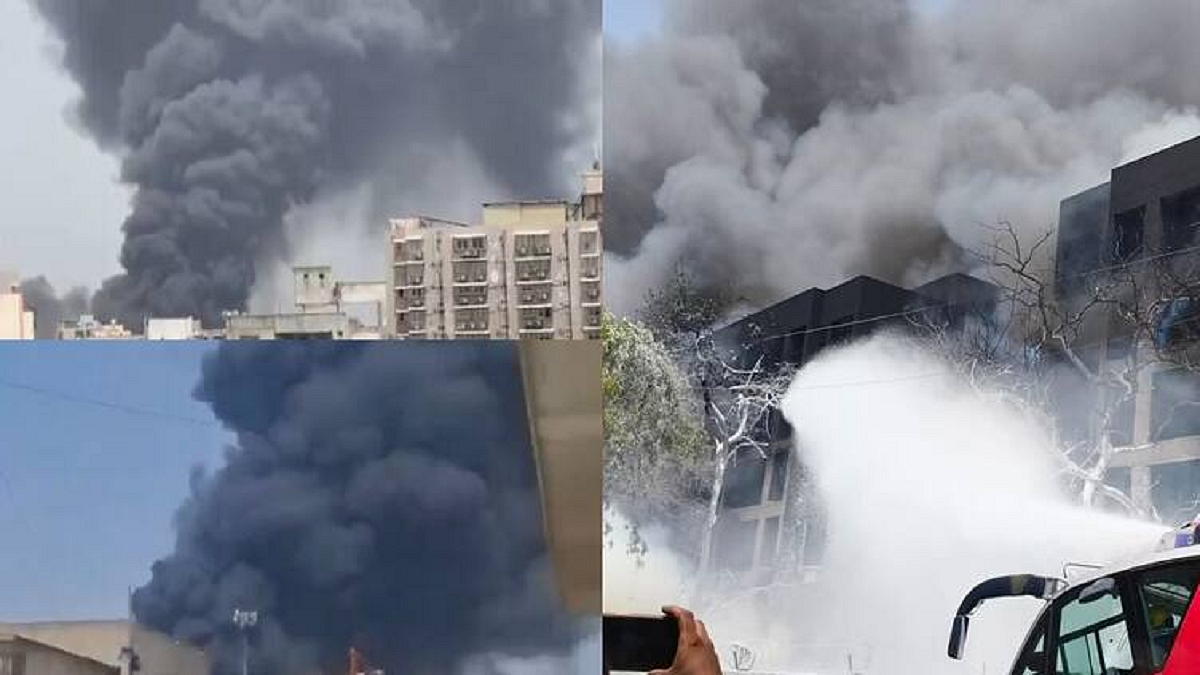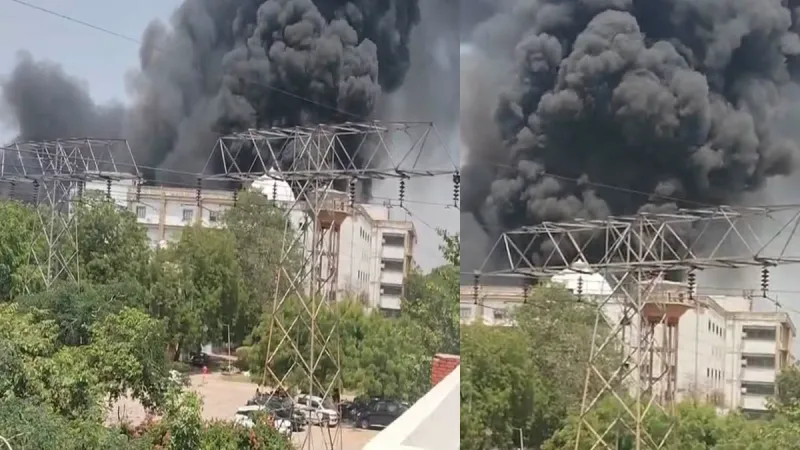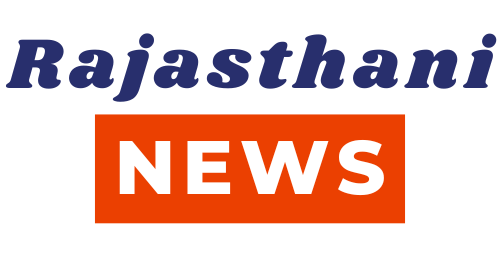Meta Title: What Flight Checks Detect: Damage, Leaks & Safety in Indian Aviation
- bypari rathore
- 31 July, 2025

✈️ What Checks Does Your Flight Go Through? Detecting Damage, Leaks & Early Signs of Trouble
Air travel is one of the safest modes of transportation — thanks in large part to the rigorous maintenance and inspection protocols that aircraft undergo regularly. From minor visual checks to full-scale overhauls, these inspections are designed to detect damage, leaks, and early signs of mechanical or structural issues before they pose any serious threat.
🔧 Key Components Under Inspection
Aircraft maintenance ensures the proper functioning of several critical systems, including:
Engines – Monitored for performance, leaks, and wear.
Avionics – Checked for communication, navigation, and control accuracy.
Control Surfaces – Inspected to verify aerodynamic responsiveness.
Hydraulic & Fuel Systems – Assessed for leakage or blockages.
Structural Integrity – Regular checks for cracks, corrosion, or deformation.
All these components are maintained in accordance with established safety protocols and manufacturer-recommended schedules.
🇮🇳 Regulatory Oversight in India: DGCA Guidelines
In India, the Directorate General of Civil Aviation (DGCA) oversees aircraft safety through a comprehensive framework of maintenance regulations. These standards are aligned with international aviation safety norms (such as those from ICAO and EASA), and ensure that airlines:
Adhere to scheduled maintenance intervals
Maintain detailed service logs

Conduct routine and unscheduled inspections
Comply with airworthiness directives
Regular compliance audits and safety checks are also carried out to verify that all procedures meet DGCA requirements.
✅ Why It Matters
Each inspection, from daily walk-arounds to heavy checks (like C and D checks), plays a crucial role in ensuring your flight is safe, secure, and airworthy. Even small issues like unusual vibrations, tiny leaks, or minor corrosion can be early warnings of major system failures if left unaddressed.
By following rigorous safety protocols and adhering to strict regulatory standards, the aviation industry ensures that passenger safety remains the top priority.
Note: Content and images are for informational use only. For any concerns, contact us at info@rajasthaninews.com.
जयपुर मे सोने और चां...
Related Post
Hot Categories
Recent News
Daily Newsletter
Get all the top stories from Blogs to keep track.




_1772023069.png)

_1771508451.jpg)
_1772465804.jpg)
_1772465408.jpg)
_1772464394.jpg)
_1772463878.jpg)
